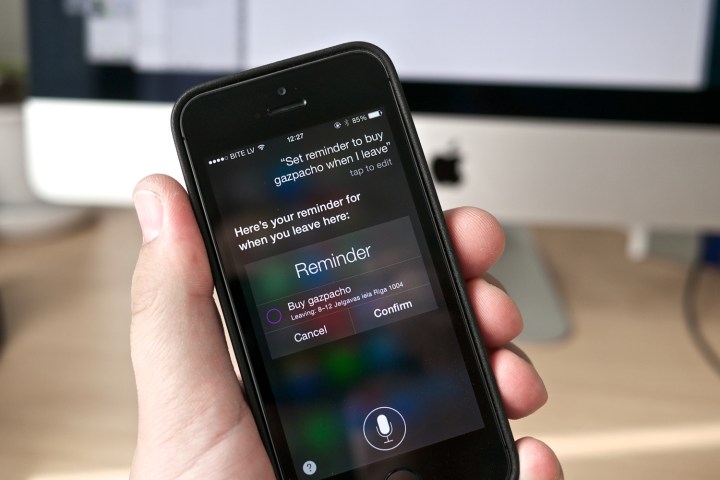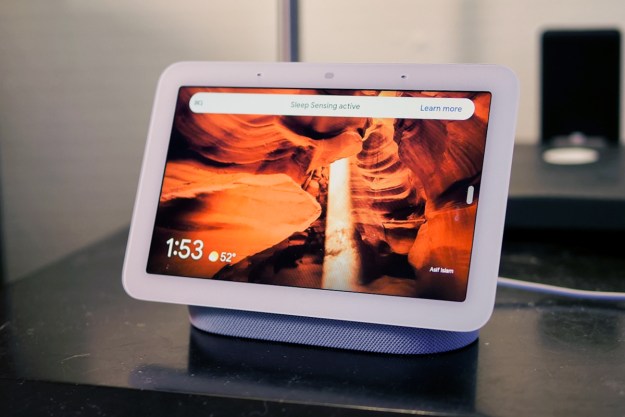
However, it certainly isn’t the case that interest in virtual assistants as a whole has taken a dip. Indeed, Amazon Alexa has enjoyed burgeoning interest among users, with an increase of a whopping 325 percent in monthly active users. In hard numbers, that’s a jump from 0.8 million to 2.6 million monthly users, and contrary to Apple’s engagement numbers, Alexa’s engagement has also gone up, from 10 to 22 percent, in the same time period.
And it’s not just Amazon that is doing well with its virtual assistant. Microsoft’s Cortana (though admittedly less popular than its competitors) is also on the rise — its monthly user base has grown 350 percent from 0.2 million to 0.7 million, and its engagement has grown by a factor of three, from 19 to 60 percent.
Savvy readers might notice that the main difference between Siri and Alexa or Google Now is that the former is a phone-based assistant, whereas the other two are meant for the smart home. Verto did, in fact, find that this trend away from phone use remained true across the board — as a whole, virtual assistants that live on your phone saw a decrease in popularity (Samsung’s S-Voice also experienced a drop in users) while those used in connected home hubs saw an increase.
But who is actually using these assistants? The research firm found that women are slightly more likely to use the technology than men (with women comprising 54 percent of the user base), and older demographics are particularly partial to smart assistants, too. According to Verto, the average smart assistant “superuser,” defined as one who dedicates twice as much time to these assistants per month as the average, is a 52-year-old woman.
So if you find yourself constantly posing questions to Alexa or Siri, know that you’re far from alone.
Editors' Recommendations
- What is Bixby? How to use Samsung’s AI assistant
- Home Depot’s Hubspace is a great way to start building your smart home
- The 6 best Echo Hub tips and tricks
- There’s a big problem with smart rings
- An Apple smart ring could be coming soon


